The International Labour Organization (ILO) said that economic activity in all regions has returned — in varying degrees — to levels seen during the pre-pandemic period, but warned that some crises, like the Gaza conflict, could jeopardize these gains.
This was revealed by ILO Director-General Gilbert F. Houngbo during his opening address at the 112th International Labour Conference (ILC) in Geneva, Switzerland, on June 3. In his speech, he expressed "ambivalence" where "we are making remarkable, positive and encouraging progress", but also "facing a never-ending chain of challenges and crises".
Houngbo noted that global macroeconomic prospects were "stable", citing the International Monetary Fund's growth forecast in global gross domestic product (GDP) of 3.2 percent in 2024 and 2025.
He lauded the "effective action taken by central banks" to bring inflation under control, which has also made a positive contribution to the global economy.
"In this sense, the surges in inflation should abate, with inflation decreasing from 5.8 percent in 2024 to 4.4 percent in 2025. I sincerely hope that this could relieve the purchasing power of workers, which has been badly affected," said Houngbo.
As regards the labor market, Houngbo said the ILO is forecasting a global unemployment rate of 4.9 percent in 2024 and 2025, which was a slight fall in relation to 2023, when it stood at 5 percent. It is also a downward revision of the previous forecast of 5.2 percent, which was made in November 2023. The unemployment rate of 4.9 percent translates to "a total of 183 million unemployed persons throughout the world".
As he warned of the challenges, the ILO chief cited the conflicts in Yemen, Sudan, Ukraine, among others, but said the "appalling situation in the Middle East" – referring to Gaza – has "added to the existing crises" as the global sources of tension "have intensified".
"The absolutely awful conflicts in Gaza", Houngbo said, continued to be major problems for humanity and more especially for multilateralism.
In a report published by the United Nations Development Programme in May, titled "Gaza war: expected socioeconomic impacts on the State of Palestine", it noted that the unemployment rate in the occupied Palestinian territories (Gaza, East Jerusalem and West Bank) is estimated to have reached 46.1 percent "after six months of war, compared to 25.7 percent before the war", and could get worse by the ninth month.
Further, the report, citing the ILO, stated that 160,000 workers from the West Bank have either lost their jobs in Israel and the settlements, at least temporarily, or are at risk of losing them as a result of restrictions imposed on Palestinians' access to the Israeli labor market and the closures of crossings from the West Bank into Israel and the settlements.
"Only 8,000 temporary permits have been issued by Israel for workers from the West Bank since the current war began," the report stated.
The report also noted before the conflict, Gaza was already grappling with a "hyper-unemployment" rate of 45 percent, with youth unemployment at nearly 62.6 percent in 2022. The freeze of work permits in Israel and the destruction of physical assets, personal injuries, internal displacement, and the halt of economic activity have compounded the situation.
The ILO estimated as of January this year, 507,000 jobs had been lost across the occupied Palestinian territory. This included 201,000 jobs lost in Gaza, with an estimated loss of 12.3 million new Israeli shekels ($3.3 million) in total daily labor income.
But as the conflict marks its eighth month, several international humanitarian organizations have witnessed the collapse of Gaza's infrastructure, including its healthcare system as the International Rescue Committee noted that "100 percent of the Gazans" are currently facing a crisis level of food insecurity — the highest share ever classified for "any area or country".
The group cited Israel's blockade of food, water, fuel and essential medicines and supplies that is "inflicting immense suffering on Palestinians". Forced displacement had already pushed over a million people away from Rafah, according to the United Nations Palestinian refugee agency on June 3.
In May, more than 50 international rights groups called for an official declaration of famine in Gaza, blaming Israel's alleged use of starvation as a "weapon", which contravenes international law.
Israelis and Palestinians have been locked in heavy combat since Oct 7 last year after a rampage by Palestinian militant group Hamas inside Israel killed 1,200 people, and more than 200 people were taken hostages. Eight months of Israeli retaliation have left the Gaza Strip in ruins and at least 36,000 Palestinians dead.
The ILO annual conference brings together worker, employer, and government delegates from 187-member states to address a wide range of issues that have a long-term impact on the world of work.












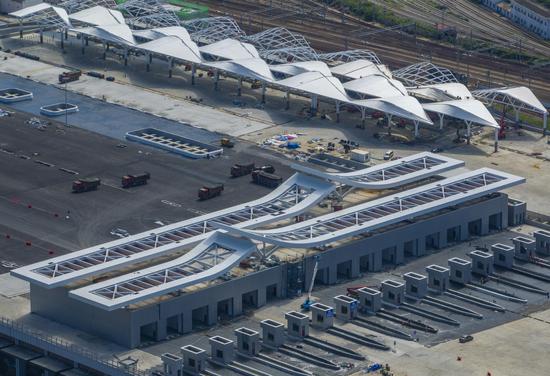


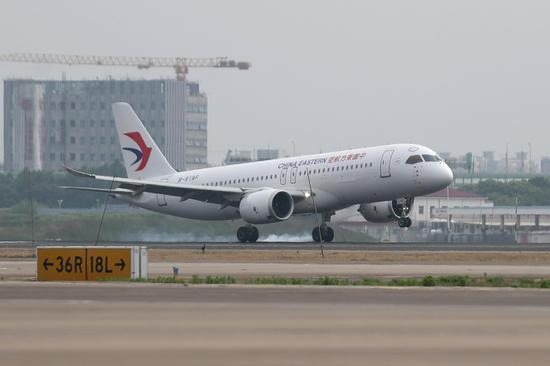

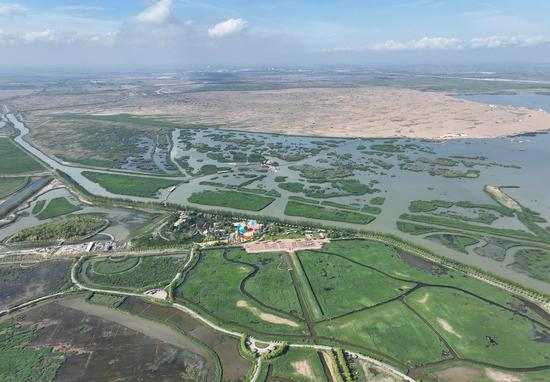
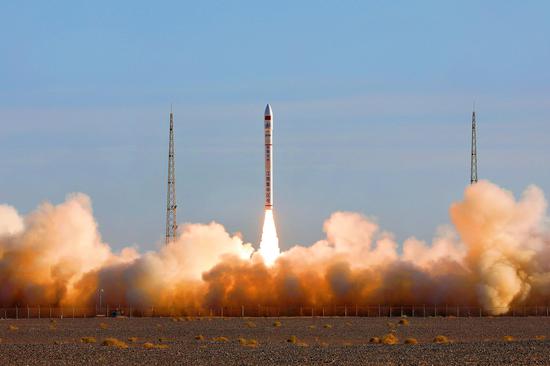


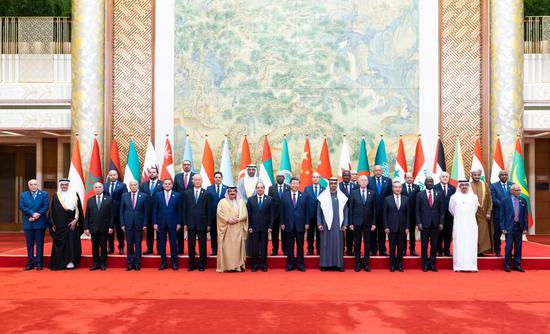



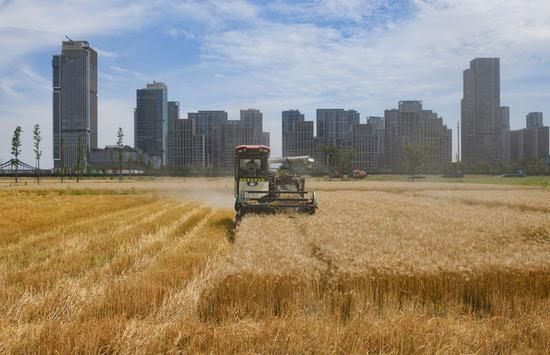







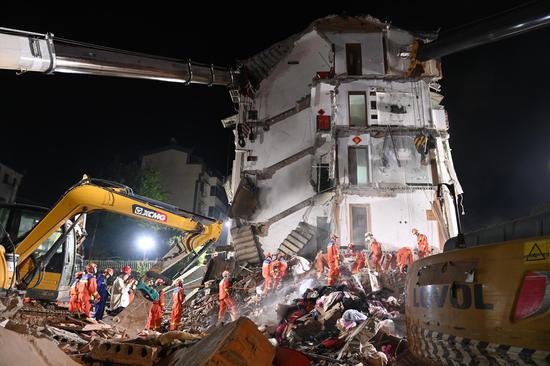
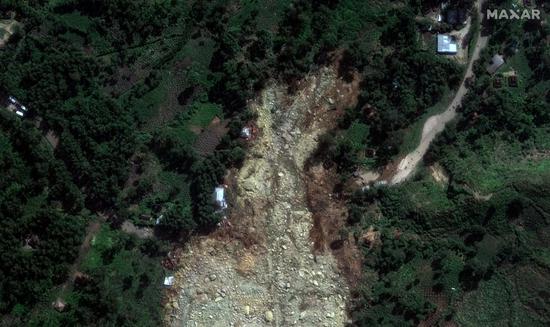











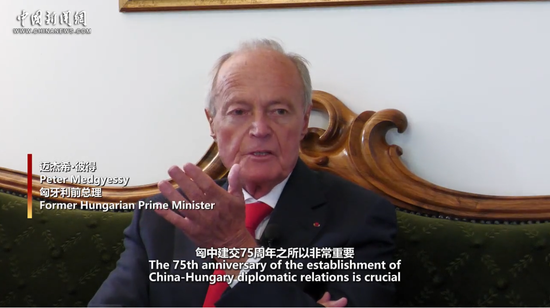



 京公网安备 11010202009201号
京公网安备 11010202009201号